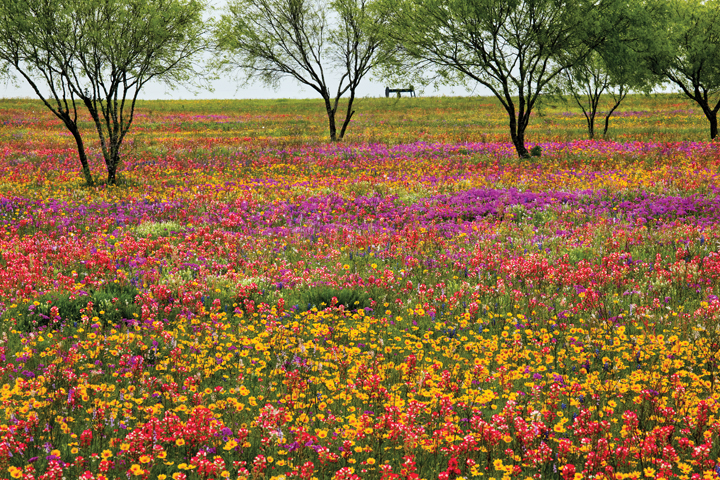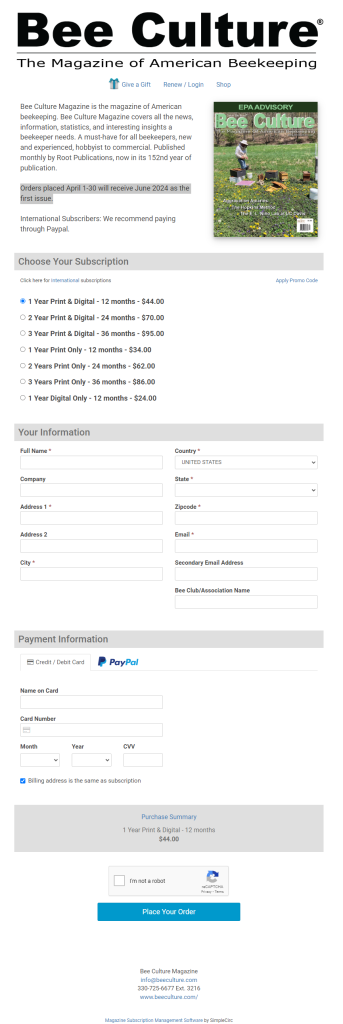By: Alan Harman
The Texas A&M University Natural Resources Institute (NRI) is working with other organizations to promote statewide land stewardship relating to pollinators.
NRI associate director Jim Cathey says Soil and Water Stewardship Week is from April 28 through May 6.
“Like-minded organizations are collaborating to bring awareness to the importance of voluntary land stewardship in Texas through a statewide campaign emphasizing the role of pollinators in the environment,” he says.
Some of these organizations include the Texas State Soil and Water Conservation Board (TSSWCB), Association of Texas Soil and Water Conservation Districts, Texas Wildlife Association and Texas and Southwestern Cattle Raisers’ Association.
They will work to show how pollinators – birds, bees, butterflies, bats, beetles, moths and even small mammals – play a vital role in production agriculture, ensuring the food supply and preserving natural resources.
Texans also have been working with their local soil and water conservation districts for more than 75 years to voluntarily implement conservation practices to protect and enhance soil and water resources, according to the Texas State Soil and Water Conservation Board.
Cathey says while some pollinator populations in Texas and elsewhere have been declining, many Texas landowners understand their essential role in agricultural ecosystems, particularly in the production of crops, grasses and timber.
“Fortunately, many of the landowners who recognize the importance of pollinators have employed voluntary conservation practices on both private and public lands to help support and grow pollinator populations,” he says.
Cathey says the institute’s Land Trends and Demography program has noted an increase in properties active in wildlife management. From 1997-2012, the total acreage grew from 97 thousand acres to 3.2 million acres, and the trend continues.
“Habitat enhancements like rangeland restoration provide a benefit by increasing biodiversity – an essential component for all wildlife, including pollinators,” he says.
Pollinators also play a significant role in natural rangeland ecosystems by helping to keep plant communities healthy and reproducing, the TSSWCB says. This helps prevent soil erosion, improves water quality and provides food and cover for native wildlife.
“The institute’s private land stewardship program fosters sound management of private lands and their associated public benefits through engagement and partnerships,” Cathey says. “We combine our research, outreach and policy efforts to offer pragmatic solutions to emerging natural resource challenges like managing land for pollinators.”
A Texas Landowner Survey of more than 3,000 respondents, conducted by NRI, lists the top five reasons for owning land as hunting, wildlife, family, ranching and recreation.
“Clearly Texans love open spaces, wildlife, and ranching, and that bodes well for pollinators given the majority of land in Texas is privately owned,” Cathey says.
As voluntary land stewardship affects resource management, which has a direct impact on pollinator habitat, NRI is collaborating with others across the state to help bring attention to the importance of good land stewardship.
“Because so much of the land in this state is privately owned, this makes it even more important for landowners to implement voluntary conservation activities to help keep our soil and water resources healthy,” Cathey says. “Taking steps to help conserve, protect and improve pollinator populations is an important adjunct to good land stewardship and natural resource protection.”
Other organizations involved include Audubon Texas, Earthmoving Contractors Association of Texas, Independent Cattlemen’s Association of Texas, San Antonio River Authority, South Texans’ Property Rights Association, Texan by Nature, Texas Association of Dairymen, Texas A&M Forest Service, Texas Conservation Association for Water and Soil, Texas Grain and Feed Association, Texas Grazing Land Coalition, Texas Land Trust Council, Texas Parks and Wildlife Department, Texas Poultry Federation, Texas Seed Trade Association, Texas Sheep and Goat Raisers’ Association, Texas Water Resources Institute, U.S. Rice Producers Association and the U.S. Department of Agriculture Natural Resources Conservation Service.









